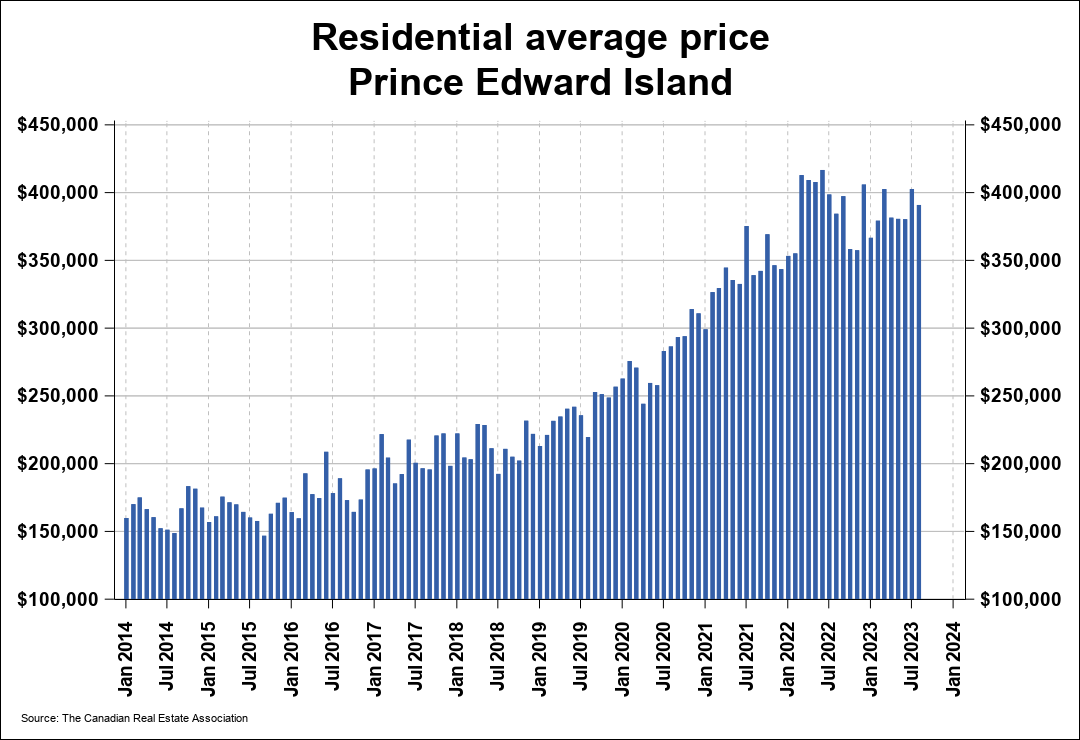- Joined
- Aug 13, 2006
- Messages
- 15,756
- Reaction score
- 11,599
Because shelter is right behind food in the higherarchy of needs demand is incredibly reliable. 100% of consumers want housing.
The supply is finite, and much of it is already spoken for. In the case of Canada most consumers are looking for the same real estate with most of the population living clustered around one of 10-20 major cities (nearly 15% live in Toronto or Montreal). So there's a major issue of value density.
With investment firms now sitting on enormous caches of capital they can out bid any consumer (or 100 consumers) on the market and drive the price up. They don't have to control the market, just what's left on the market. They can constrict supply in the face of nearly unlimited demand creating astronomical pricing.
More importantly, they do this disproportionately to low cost housing, because they can buy more with less resistance. Meaning the people with the power to change anything aren't directly effected by it, and to the extent they are, it's that they're holding stock in the investment firms.
The supply is finite, and much of it is already spoken for. In the case of Canada most consumers are looking for the same real estate with most of the population living clustered around one of 10-20 major cities (nearly 15% live in Toronto or Montreal). So there's a major issue of value density.
With investment firms now sitting on enormous caches of capital they can out bid any consumer (or 100 consumers) on the market and drive the price up. They don't have to control the market, just what's left on the market. They can constrict supply in the face of nearly unlimited demand creating astronomical pricing.
More importantly, they do this disproportionately to low cost housing, because they can buy more with less resistance. Meaning the people with the power to change anything aren't directly effected by it, and to the extent they are, it's that they're holding stock in the investment firms.


